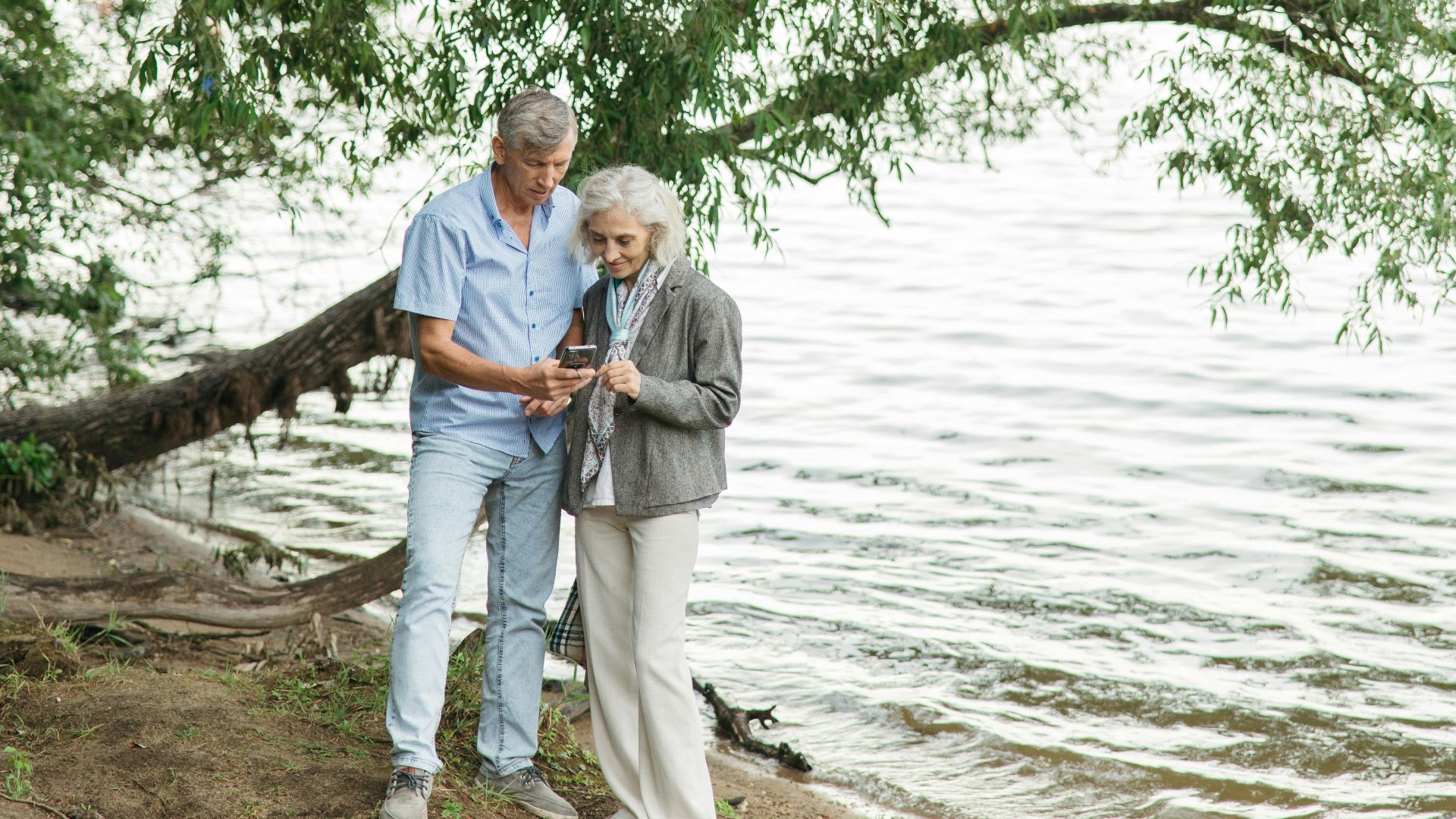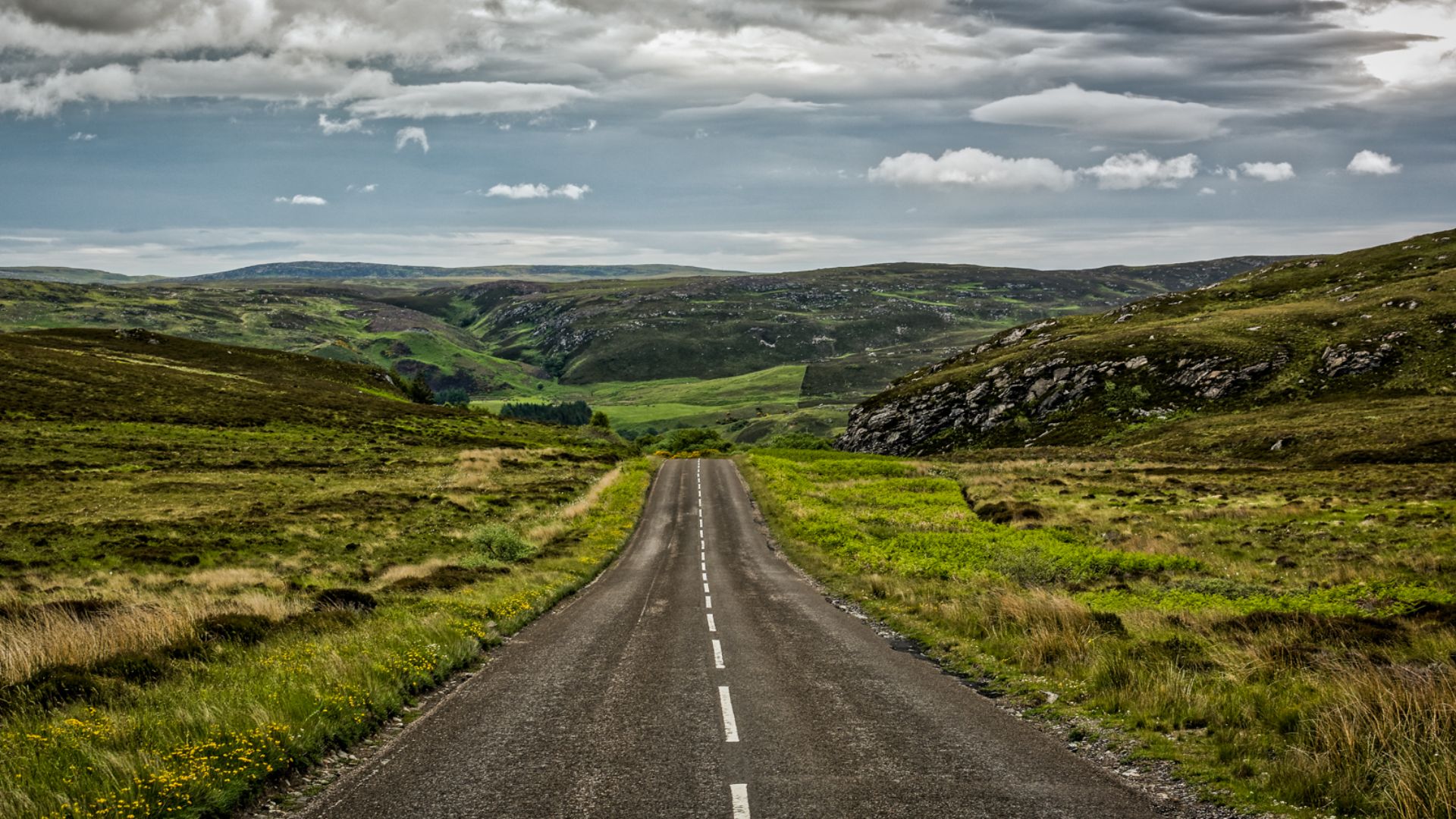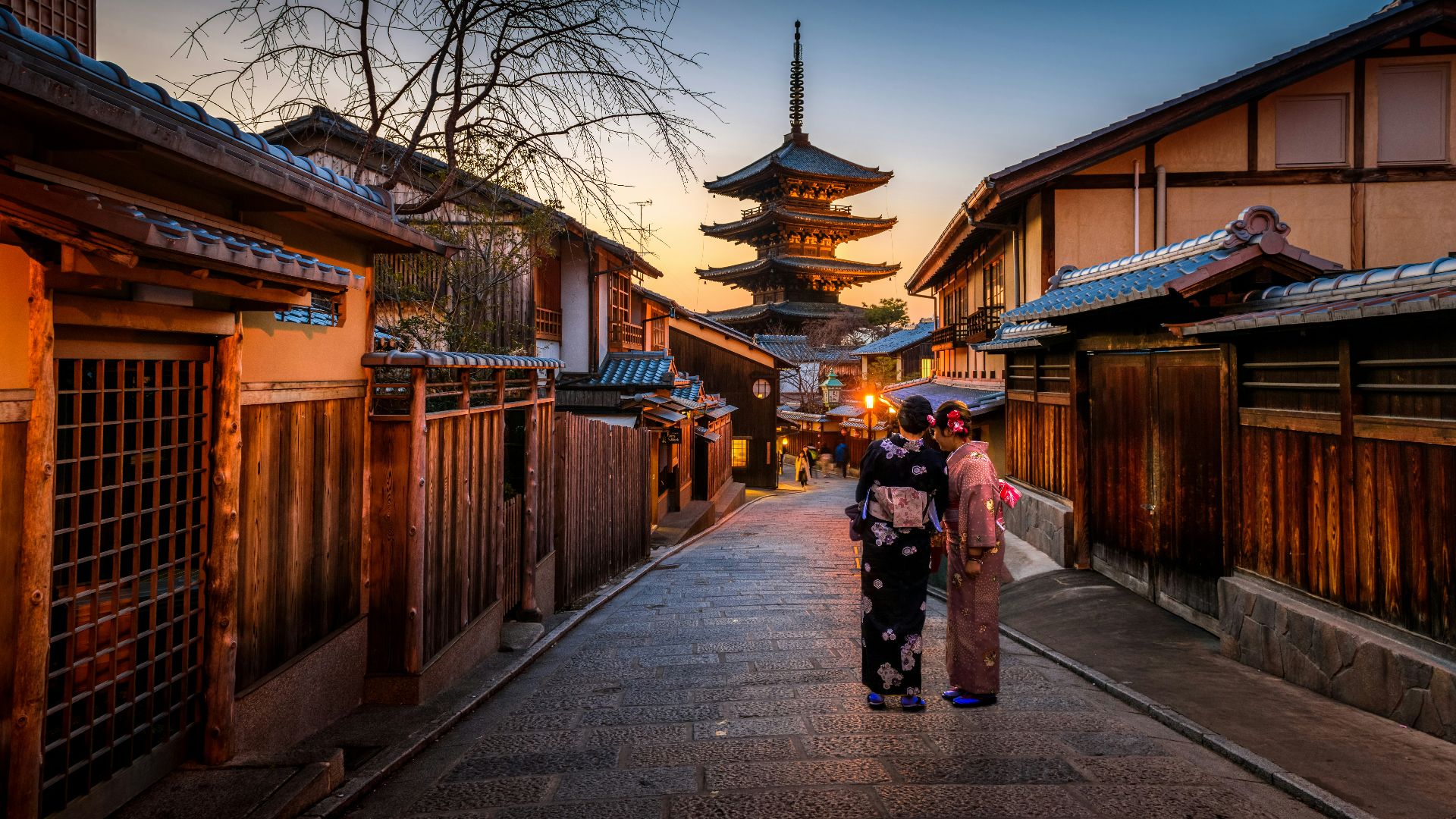Why Vacations Start To Look Different
Travel is different once you’ve logged a few decades of life. The same airports and city strolls start to take on a whole new meaning. Preferences shift, and so do priorities. Some changes are subtle, while others are quite noticeable. Here are some real, relatable ways travel habits evolve as the years roll on. How many can you relate to?
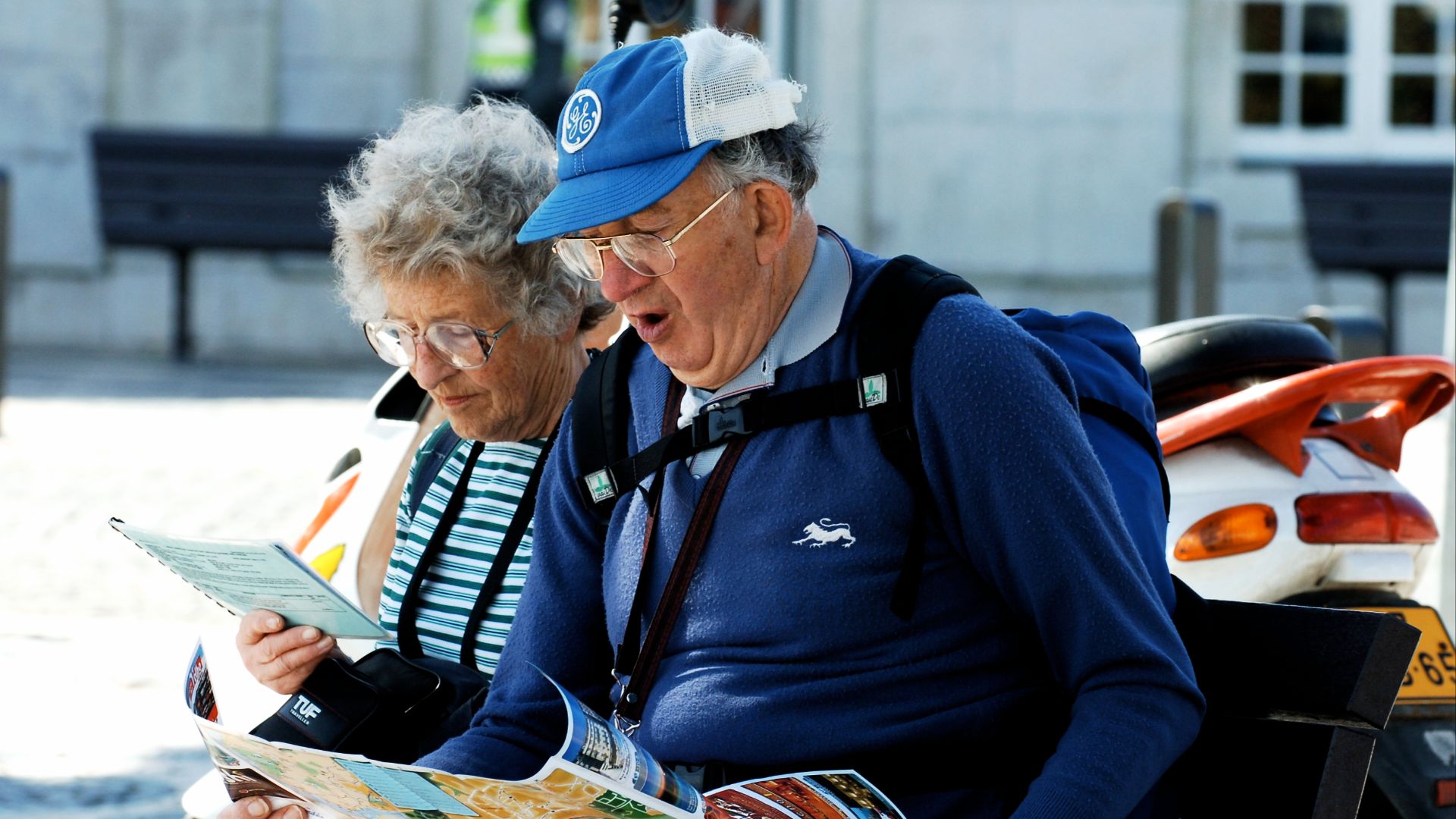 Pedro Ribeiro Simões from Lisboa, Portugal on Wikimedia
Pedro Ribeiro Simões from Lisboa, Portugal on Wikimedia
1. You Don't Care For Nightlife
The pulsing beat of a nightclub doesn’t hit the same after 40. Instead, late nights mean moonlit walks or early bedtime after a rich local dinner. As you grow, herbal tea and good company have more appeal than tequila shots.
2. You Spend More Time Planning
Gone are the days of tossing clothes in a bag and winging it. Now, preparation feels rewarding. You get confirmations, double-check routes, and research the coziest train rides. Booking the right stay—accessible and comfortable—matters a lot. So, more than being practical, planning is part of the pleasure.
3. You Invest More In Travel Insurance
Accidents happen, and delays don't discriminate by age. So, travel insurance becomes less of a "maybe" and more of a "must." From lost medication to emergency evacuations, it saves more than money. Peace of mind? The best thing you can pack.
 Photo By: Kaboompics.com on Pexels
Photo By: Kaboompics.com on Pexels
4. You Avoid Crowds And Peak Seasons
Experience teaches you what’s worth the extra cost. Long layovers, gate changes, and racing through terminals aren’t just tiring—they take the joy out of travel. So you opt for nonstop flights. Fewer hassles mean more energy for what matters: being there, not getting there.
5. You Prefer Longer Trips
Gone are the days of a whirlwind weekend abroad. Now, you have more time and freedom to plan longer trips that offer better value and richer experiences. A month in Southeast Asia. Six weeks across the States. With that, you're not sprinting across towns but enjoying a gentle rhythm.
6. You Prioritize Health And Accessibility
Instead of chasing the most daring route, you focus on what feels right. Hotels with elevators, walk-in showers, and ramps move to the top of your list. You even schedule health checks and rest before leaving. These aren’t limitations—they’re how you make every trip truly doable and enjoyable.
7. You Avoid Impromptu Decisions
At a certain age, you choose strategy over spontaneity. You book tickets in advance and double-check details to avoid stress. This predictability keeps trips smooth and lets you focus on joy, not damage control. Wing-it weekends sound fun—until the train's full or your hotel's booked.
8. You Pack More Practically
You choose wrinkle-free clothes and limit shoes to two pairs because heavy bags are not worth it anymore. Now, packing cubes are far more appealing to you, where every item earns its space. Pro tip: roll your clothes to save room. Smart packing means less hauling and fewer regrets.
9. You Spend More On Accommodation
Your stay should help you recover and relax. So, thin walls or questionable sheets are no longer acceptable. Aging bodies deserve soft beds, quiet halls, and blackout curtains. From boutique inns to five-star chains, lodging becomes a splurge for sleep and sanity.
10. You Seek Cultural And Historical Depth
Museums and old towns suddenly interest you like never before. You appreciate the layers of history in a crumbling wall or a faded fresco. Guided tours and language exchanges offer more than facts but stories you’d want to carry long after your flight home.
11. You Take Fewer Risks With Food
As you age, digestion demands more care, and food poisoning is essentially a vacation ender for you. This means spicy street tacos or unfamiliar seafood might no longer make the cut. Instead, you stick with dishes you recognize or those prepared in trusted spots.
12. You Use Travel As A Time For Reflection
There’s a point in life when travel becomes less about escapism and more about reconnecting with yourself. Then, each destination you choose offers space to think, like mountains or quiet village streets. You might stare at ancient ruins and reconsider your life's choices. It all works as therapy.
13. You Head Back To The Hotel Early
Movie nights and concerts? Not really. You give them up to spend calm evenings indoors. After a day of exploration, your body craves comfort, and an early return gives you time to rest and prep for tomorrow's adventures, where the day starts with a beautiful sunrise.
14. You Focus More On Visiting Family
Family ties become magnets. Grandkids in Florida, cousins in Toronto—you build itineraries around reunions and hugs. With them, you treasure kitchen chats and backyard laughs instead of exploring Instagrammable landmarks. Travel turns into a way to stay emotionally connected with your family.
15. You Look For Senior Discounts
You don’t want to pay more when your age earns you perks. Transport options and tourist attractions tend to offer many discounts for seniors, and saving a little on tickets means splurging elsewhere. Whether it’s $10 off a museum or half-price on rail passes, you take the deal.
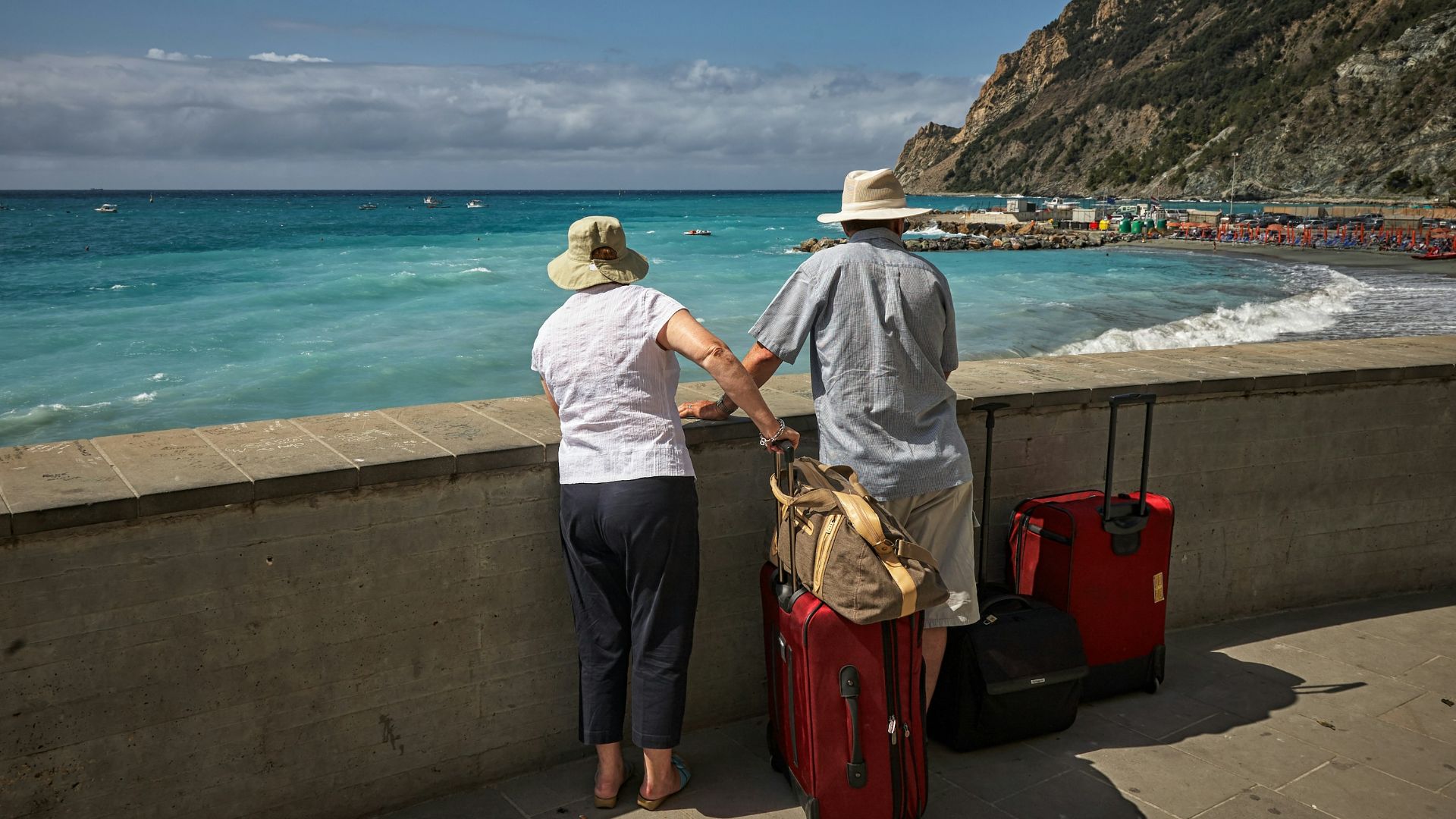 Vidar Nordli-Mathisen on Unsplash
Vidar Nordli-Mathisen on Unsplash
16. You Prefer Nature-Based Destinations
What interests you now are places like national parks and countryside getaways. Nature offers tranquility and clean air, where you have lots of space to stretch. Birdsong over honking horns and hiking trails over shopping lanes—your soul thanks you for the switch.
17. You Embrace Group Tours
Planning every detail gets tiring, so you choose group tours that offer structure, safety, and social interaction. You not only skip the logistics but also meet fellow travelers and enjoy curated experiences. From river cruises to guided safaris, group trips remove hassle—and that's worth every itinerary.
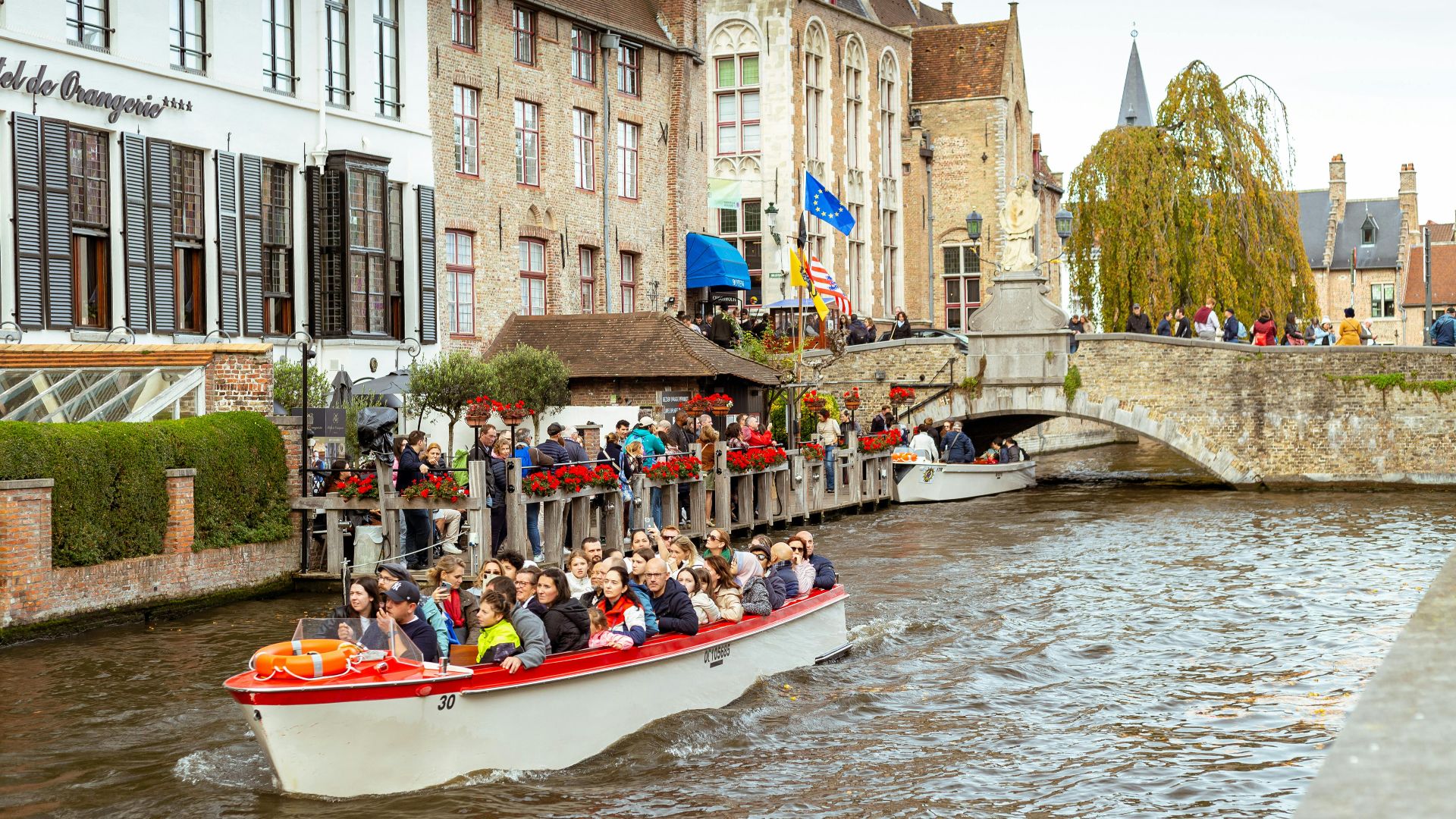 Miguel Arcanjo Saddi on Pexels
Miguel Arcanjo Saddi on Pexels
18. You Choose Scenic Routes Over Fast Ones
Long drives on highways can't compete with scenic train routes passing through rivers and mountain passes. Time feels less scarce on such routes, and the journey itself becomes the prize. Yes, they may be slower, but they lead to better memories.
19. You Pay Closer Attention To Climate And Altitude
Cold, damp air can stiffen joints, and high altitudes might mess with your heart rate. Due to these reasons, you often check elevation and temperature before booking. Want a beach? Choose one with shade. Planning with the weather in mind keeps you comfortable and upright.
20. You Travel During Shoulder Seasons
Spring and fall become your sweet spots because you want to skip summer's heat and winter's crowds. In May, Rome glows without the tourist crush. October in Kyoto? Pure magic. Even the prices dip, and lines shrink. Off-season is the secret to travel, and you finally know it.















